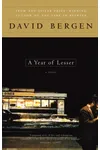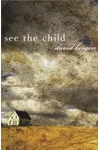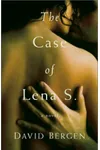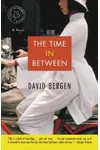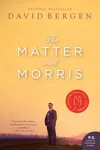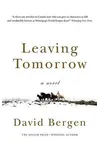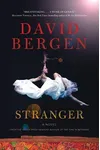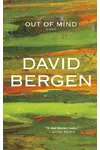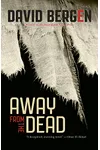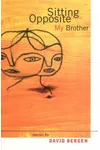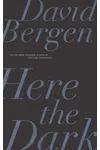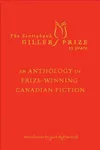Picture a Canadian storyteller who weaves quiet, soul-stirring tales of love, loss, and redemption—meet David Bergen! Born in 1957, this Winnipeg-based novelist has captivated readers with his unflinching explorations of human relationships and moral dilemmas. From small-town Manitoba to the haunting landscapes of Vietnam, Bergen’s stories resonate with a rare, unpretentious authenticity that has earned him the prestigious Scotiabank Giller Prize and a lasting place in Canadian literature.
With a knack for turning the mundane into the profound, Bergen’s work invites readers to wrestle with life’s big questions—think family ties, guilt, and the search for meaning—without ever feeling preachy. Ready to dive into the world of a literary gem? Let’s explore the life and legacy of David Bergen!
The Making of David Bergen
David Bergen was born on January 14, 1957, in the tiny fishing village of Port Edward, British Columbia, before moving to Niverville, Manitoba, where he was raised in a strict Mennonite household. The church’s resistance to questioning sparked his love for fiction, where he could probe life’s complexities freely. After studying creative communications at Red River College and attending Bible college, Bergen taught English and creative writing at Winnipeg’s Kelvin High School until 2002. His early years as a teacher, carpenter, and volunteer in Thailand shaped his empathetic, grounded voice.
Bergen’s writing journey began in earnest with short stories, earning him the 1993 John Hirsch Award for Most Promising Manitoba Writer. His debut collection, Sitting Opposite My Brother, set the stage for a career marked by raw honesty and narrative depth, drawing inspiration from authors like Alice Munro and Cormac McCarthy.
David Bergen’s Unforgettable Stories
Bergen’s novels and short stories are masterclasses in blending the ordinary with the profound. His 1996 debut novel, A Year of Lesser, a New York Times Notable Book, follows a recovering alcoholic navigating love and faith in a small Manitoba town. It won the McNally Robinson Book of the Year Award and showcased Bergen’s ability to craft flawed, relatable characters.
In 2005, Bergen struck literary gold with The Time in Between, a Giller Prize-winning novel inspired by his time teaching in Vietnam. The story follows a father and daughter grappling with the lingering scars of the Vietnam War, blending vivid settings with themes of atonement and loss. The Case of Lena S. (2002), a Governor General’s Award finalist, delves into a teenager’s struggle with depression and repression, while his 2020 short story collection, Here the Dark, earned another Giller nod for its poignant, introspective tales.
Bergen’s style is deceptively simple—think clean prose with layered emotions. He plays with time, dialogue, and subtle humor to explore themes like familial estrangement and the quest for redemption. His latest novel, Away from the Dead (2023), set during the Russian Revolution, proves he’s still pushing boundaries, weaving love and hope into chaotic historical moments.
Why David Bergen Matters
David Bergen’s impact lies in his ability to make the personal universal. His stories, rooted in Canadian and global settings, speak to readers navigating their own moral and emotional landscapes. By tackling issues like duty, grief, and societal obligations, he’s become a voice for those seeking truth in fiction. His numerous awards—including the 2018 Matt Cohen Award for his body of work—underscore his influence on Canadian literature.
Bergen’s commitment to honest storytelling inspires emerging writers, while his Mennonite roots and global experiences enrich Canada’s literary tapestry. Whether he’s writing about a Winnipeg teen or a Ukrainian bookseller, Bergen reminds us that every life holds profound stories worth telling.
About David Bergen
- Born: January 14, 1957, in Port Edward, British Columbia
- Key Works: A Year of Lesser, The Time in Between, The Case of Lena S., Here the Dark
- Awards: Scotiabank Giller Prize (2005), Matt Cohen Award (2018), multiple Governor General’s Award nominations
- Fun Fact: Bergen once wrote novels in his car while waiting for his kids’ dance lessons!
Snag The Time in Between and dive into David Bergen’s soulful, thought-provoking world today!
